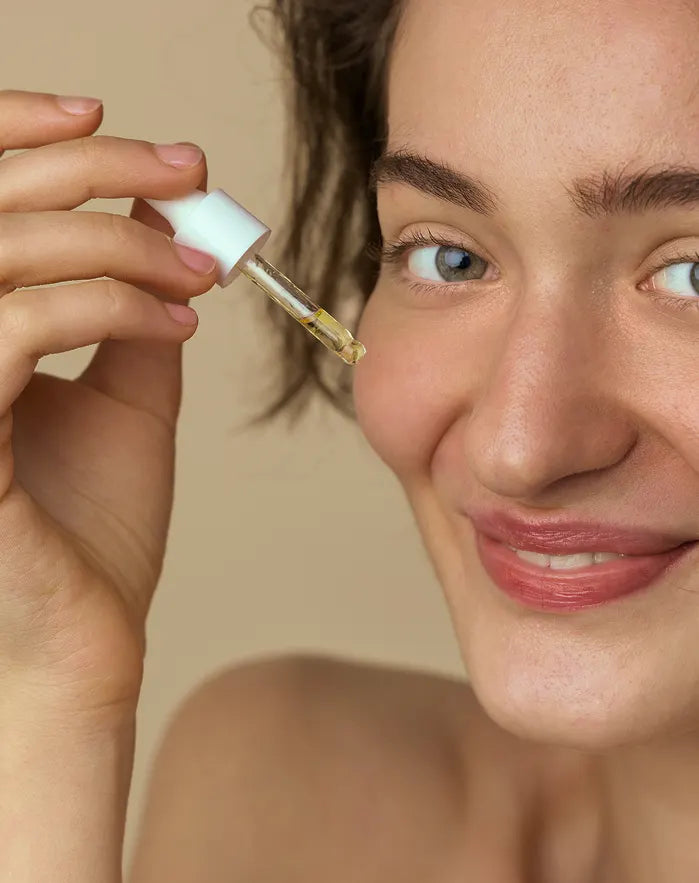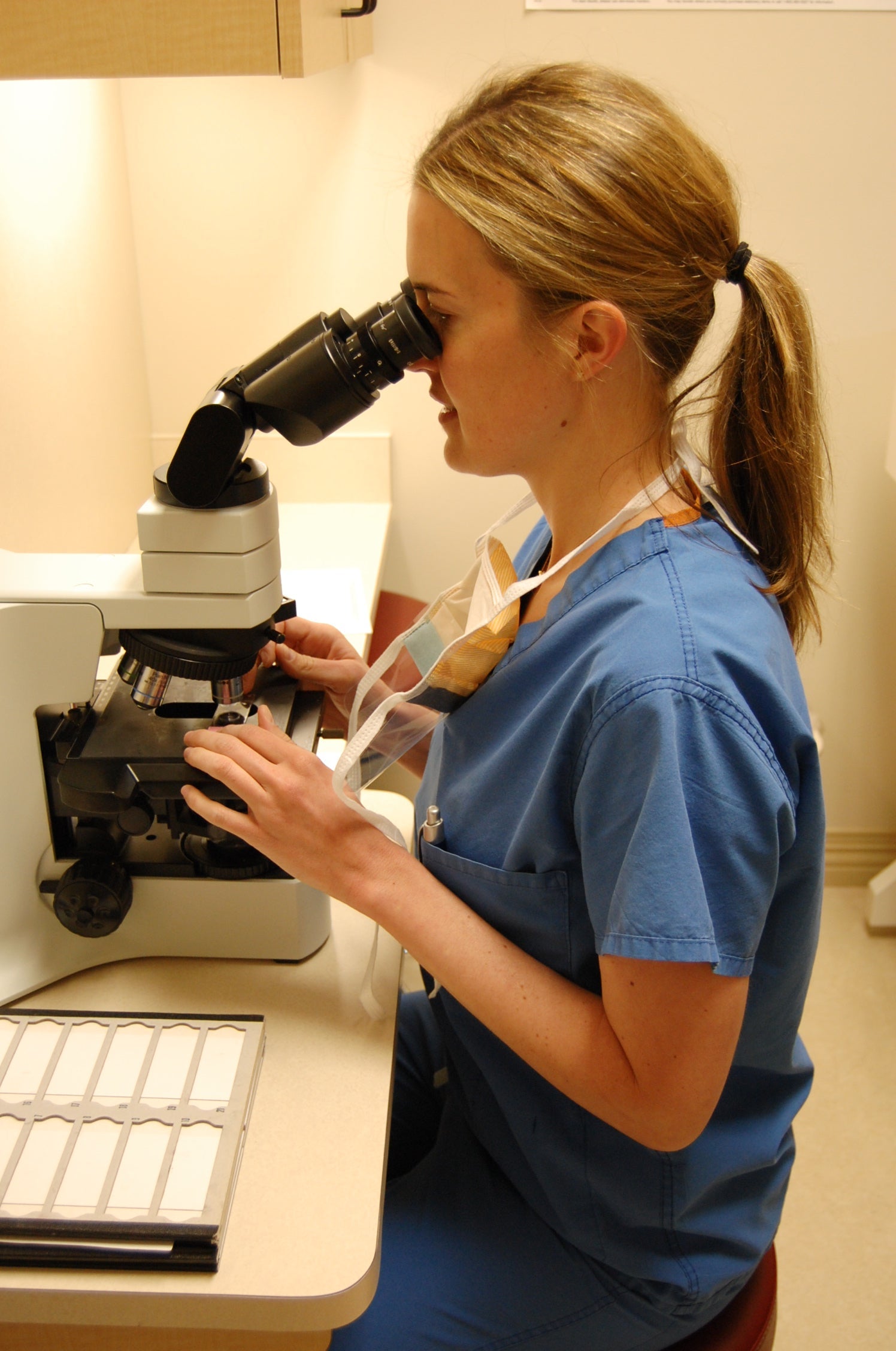When it comes to your face, your cancer, and your future, you deserve the gold standard. As a double board-certified dermatologic micrographic surgeon, I feel a deep professional and personal obligation to set the record straight about Mohs surgery—especially as more and more physicians, including plastic surgeons, are advertising that they “do” Mohs.
If you, your parent, or anyone you care about is facing a diagnosis of skin cancer—especially on the face, nose, eyelid, lip, ear, or other delicate areas—this message is for you.
What Is Mohs Surgery—And Why Is It Different?
Mohs micrographic surgery is not just another skin cancer removal. It is a meticulous, staged procedure that removes cancer layer by layer, examining each margin under the microscope in real time. The goal: to achieve the highest possible cure rate while preserving as much healthy tissue as possible. This is especially critical on the face, where every millimeter matters for both function and appearance.
But Mohs is more than a surgical technique. It is a specialty that requires mastery in three disciplines:
- Surgical excision of skin cancer
- Microscopic interpretation of skin pathology
- Reconstructive surgery to restore form and function
This unique combination is what sets fellowship-trained, board-certified Mohs surgeons apart.
Who Should Perform Your Mohs Surgery?
Here’s the truth: Not every physician who offers “Mohs” is actually fellowship-trained or board-certified in this highly specialized procedure. As of 2023, only 2,433 physicians in the United States have completed an American College of Mohs Surgery (ACMS)-sanctioned fellowship and passed the American Board of Dermatology’s Micrographic Dermatologic Surgery (ABD-MDS) board examination. That’s a small fraction of those who bill for Mohs services.
Plastic surgeons are highly skilled in reconstruction and aesthetics, but they are not trained in the microscopic analysis of skin cancer margins—the very heart of Mohs surgery. Dermatologists without fellowship training or board certification may be excellent clinicians, but they have not undergone the rigorous, hands-on training that defines a true Mohs surgeon.
Why Does This Matter?
When it comes to treating skin cancer—especially in cosmetically and functionally critical areas—precision is everything. The difference between a millimeter of healthy tissue preserved or lost can mean the difference between a seamless result and a lifelong reminder. Mohs surgeons are uniquely trained to balance cure and cosmetic outcome, because we are both the surgeon and the pathologist, guiding every step of your care.
The American Board of Medical Specialties states:
“A dermatologist who specializes in Micrographic Dermatologic Surgery is expert in the management of patients with specific types of high-risk and complex skin cancers that are best suited to treatment with micrographic surgery. This specialist also has expertise in reconstructive procedures to repair the surgical defects after the cancer has been removed.”
Board certification is not just a title—it is a mark of distinction, a credential you can rely on when your health and appearance are on the line.
How Can You Check Credentials?
Don’t be misled by online listings or advertising. In my own searches, I found that only a small percentage of “Mohs surgeons” listed on popular sites were actually fellowship-trained and board-certified.
- Find a true Mohs surgeon here: ACMS Surgeon Finder
- Learn why ACMS matters: Why Choose an ACMS Surgeon
- Verify board certification: ABD Diplomates
The Bottom Line: Your Face, Your Cancer, Your Call
Plastic surgeons play a vital role in many types of surgery, but when it comes to Mohs surgery for skin cancer, the specialized training and expertise of a fellowship-trained, ABD-MDS board-certified dermatologic surgeon are unmatched. The best outcomes—both in terms of cure and cosmetic result—come from the right hands, with the right training.
You have a choice. Be informed. Be your own advocate. Demand the gold standard for yourself and your loved ones.
Because it’s your face, your cancer, and your call.
References:
— Jennifer Baron, M.D.
Board-Certified Dermatologist & Micrographic Dermatologic Surgeon
Weiterlesen

I believe in solutions that are both time-honored and forward-thinking. As a dermatologist, surgeon, and lifelong student of skin health, I’ve seen firsthand what works—and what doesn’t—across cont...

If you’ve ever stood in the sunscreen aisle, you’ve probably seen bottles boasting SPF 50, 70, even 100. It’s tempting to think that higher is always better. But as a dermatologist and skin cancer ...







Hinterlasse einen Kommentar
Diese Website ist durch hCaptcha geschützt und es gelten die allgemeinen Geschäftsbedingungen und Datenschutzbestimmungen von hCaptcha.